Emotions are your worst enemy in the stock market, so I decided to build an automated stock trading system on Azure with machine learning.
Disclaimer:
- This is an ongoing series, there will updates left, right and center.
- Learning curve is essential for growth. Architecture, technology or approach to build an automated trading system might change going forward, I haven’t figured it out completely. However, I will share why I am changing the approach if needed.
- I am new to stock market trading so trading strategies might change based on their performance.
- I will test the system on emulators as well as on live market so fingers crossed, we might make profit:)
Reference Architecture:
Giving credit where credit is due, I have taken the reference architecture from the blog of Quantinsti: A Pioneer Training Institute for Algorithmic trading. Read their blog for insights into a typical automated trading system.
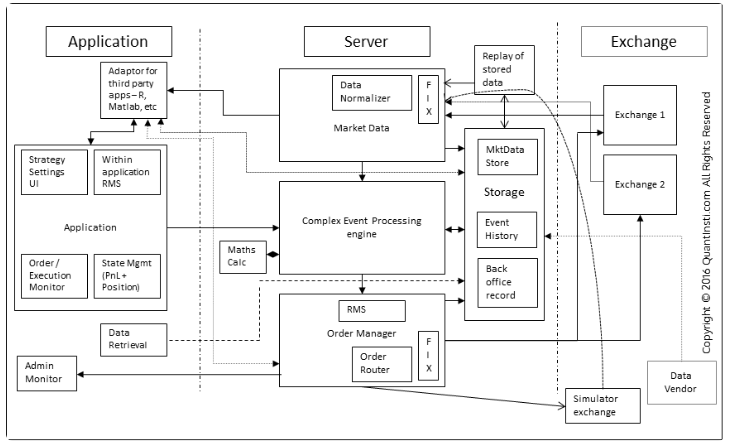
Proposed Architecture (Using Azure Services):
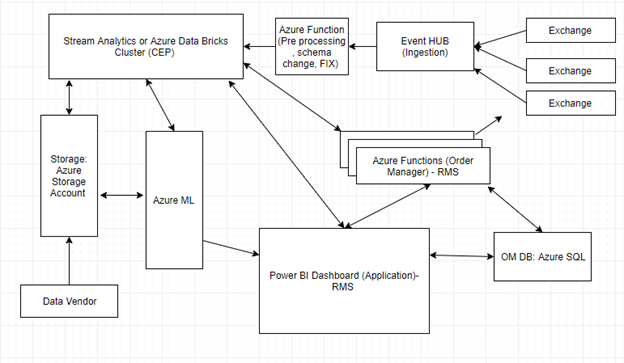
Introduction to Proposed Services
These are the services or technologies that we are starting with. I am putting two liner introduction to why/how they are used. You might have to read about them more to understand… just google them.
*All pictures are from microsoft.com
- Microsoft Azure:
Public cloud from Microsoft. It will suitable for medium or low-frequency trading. Hight frequency trading need servers to be hosted in the exchange itself to reduce latency and get a competitive edge.
Azure Event HuB
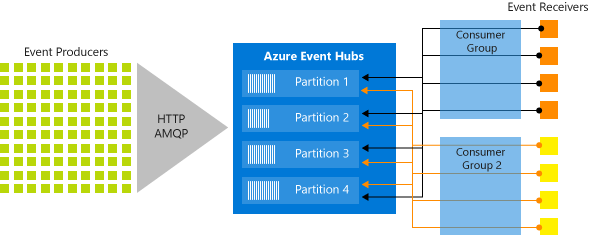
An ingestion service build on kafka, to capture real time events. It is scalable to millions of events per second to handle order book data stream from multiple stock exchanges.
3) Azure Function (Serverless):
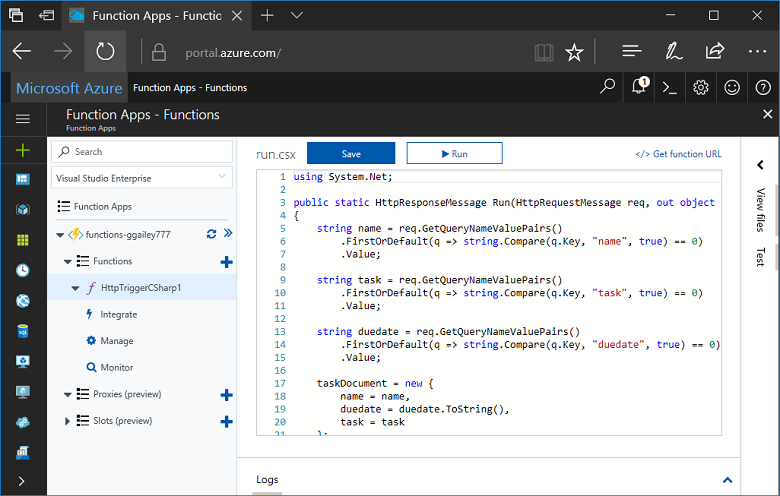
Can be triggered upon events, pre-schedule, webhook based trigger or continuously running. Basically, it is code running upon the trigger and we will be charged based on the running time of code 🙂
4) Azure Stream Analytics:
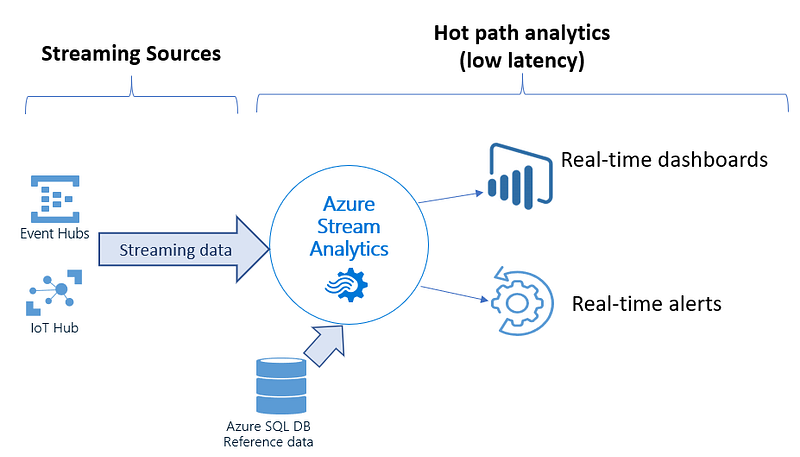
To perform real-time analytics on parallel streams of data
5) Azure Databricks:
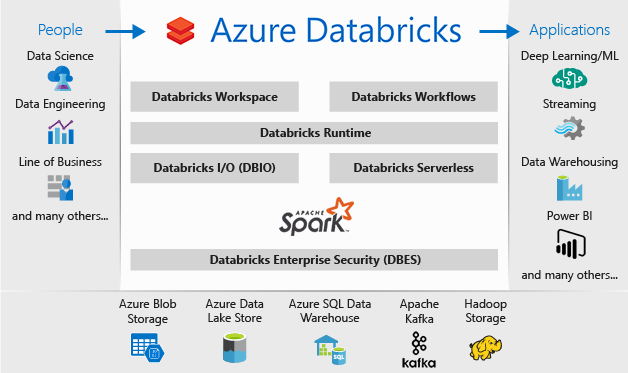
Spark cluster as a service in Microsoft Azure for real-time complex event processing.
6) Azure Machine Learning:
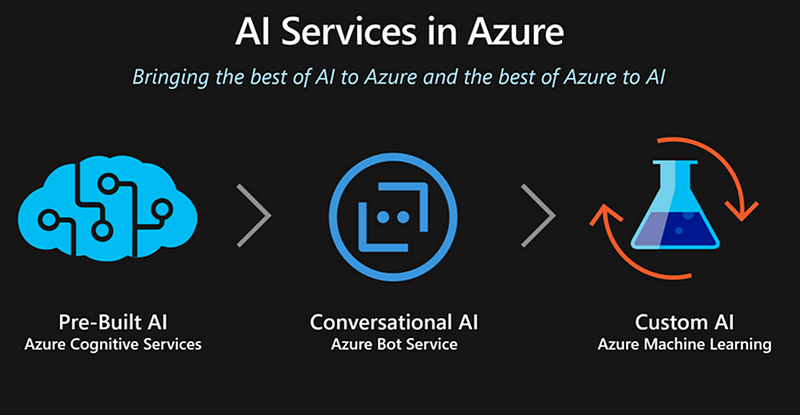
Machine learning solutions in Azure like Cognitive services, ML studio or ML service for quantifying news, sentiment analysis, forecast, and predictions.
7) Azure Storage Account:
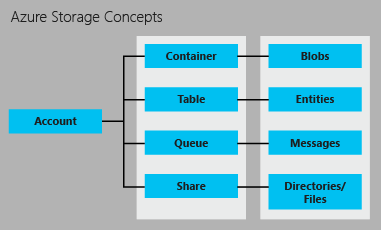
500 TB of economical storage comprising of blob, file, table and queue storage.
8) Power BI:

Power BI application for monitoring and direct user input.
9) Azure SQL:
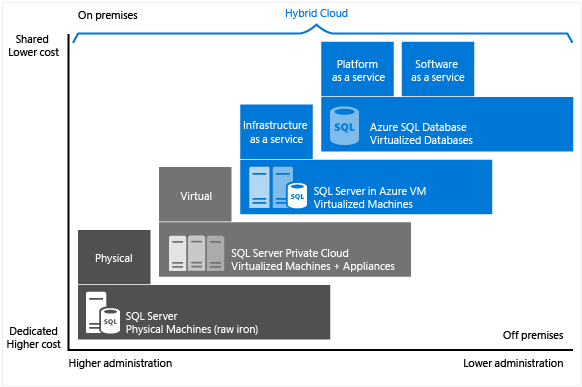
SQL as a service in Azure (PaaS)
We will continue in the next blog …
If you have a question or need further help then write in the comments below or find me on LinkedIn. Thanks.
To see a similar post, follow me on Medium & LinkedIn.


Join Discussion
2 Comments
Like!! Great article post.Really thank you! Really Cool.
Incredible points. Sound arguments. Keep up the amazing work. Elsinore Prinz Meriel
Your Comment
Leave a Reply Now